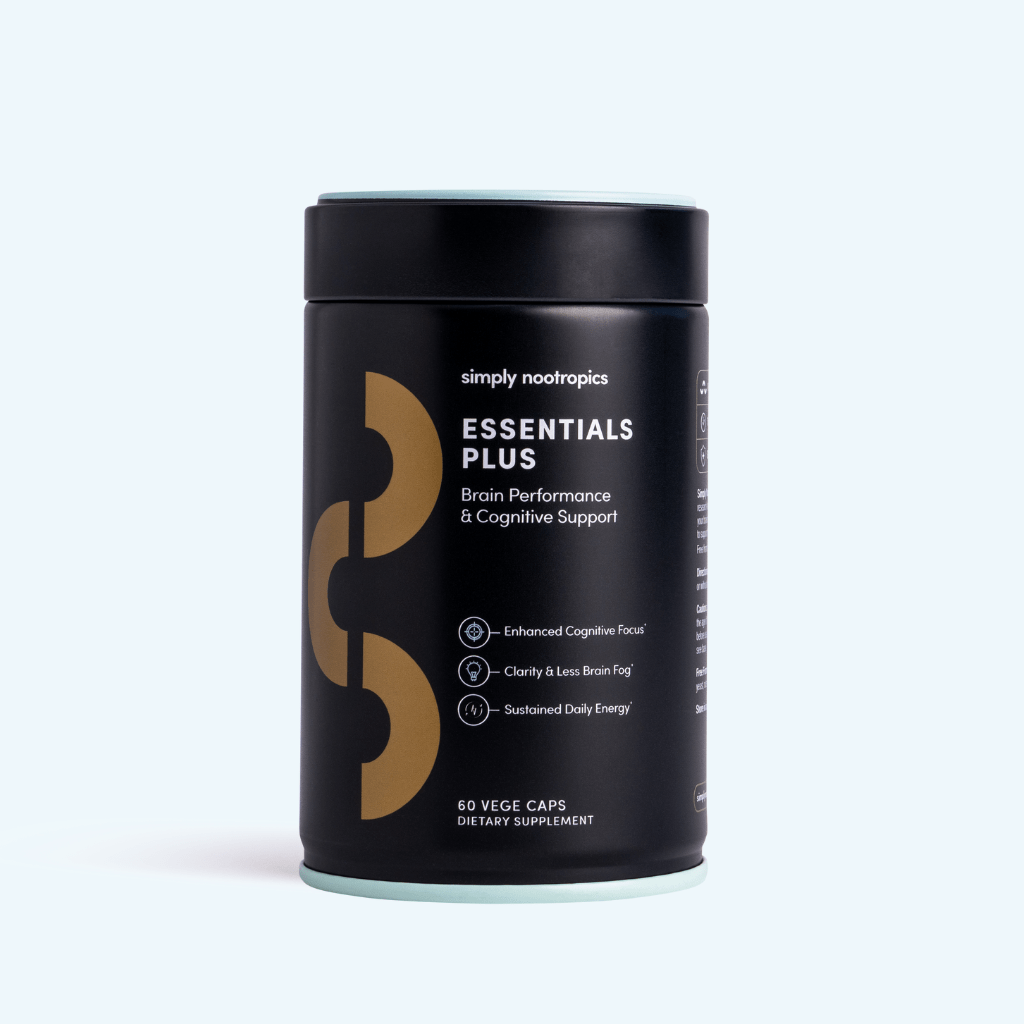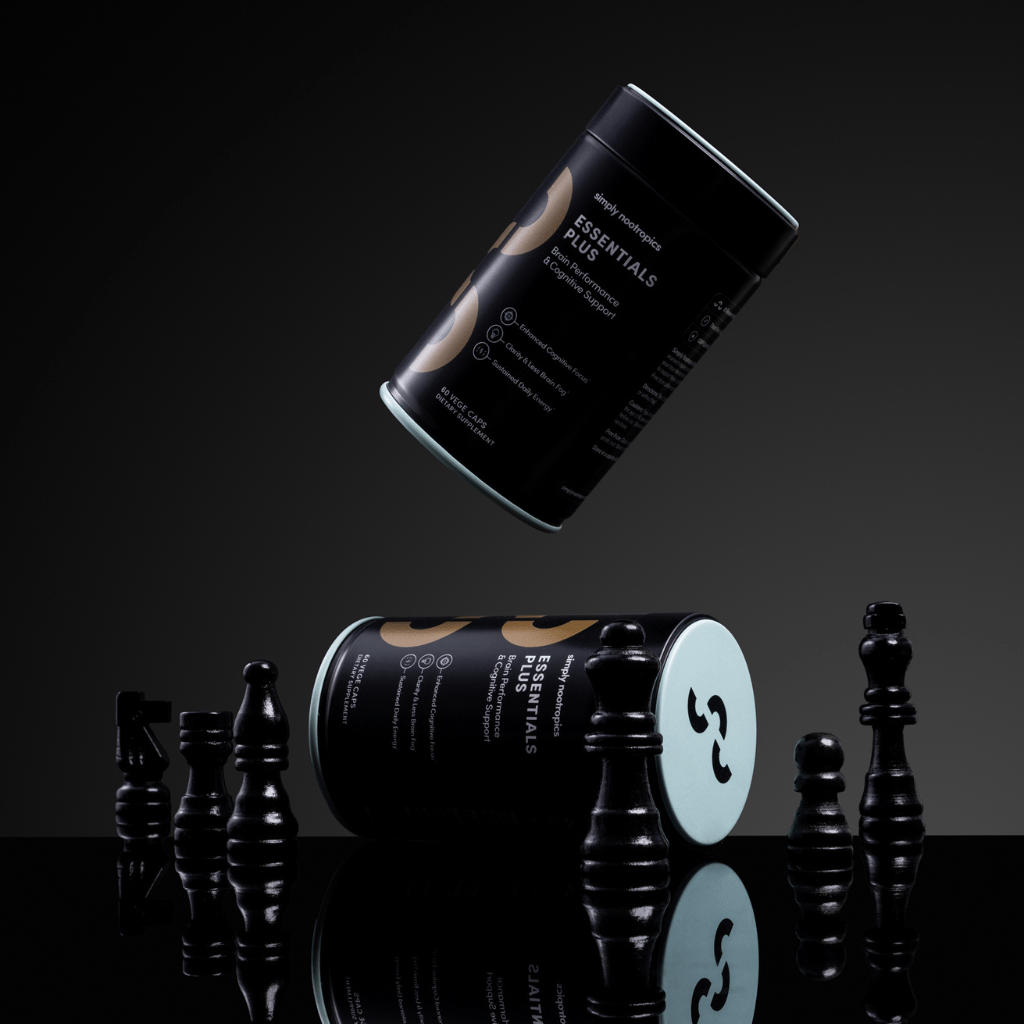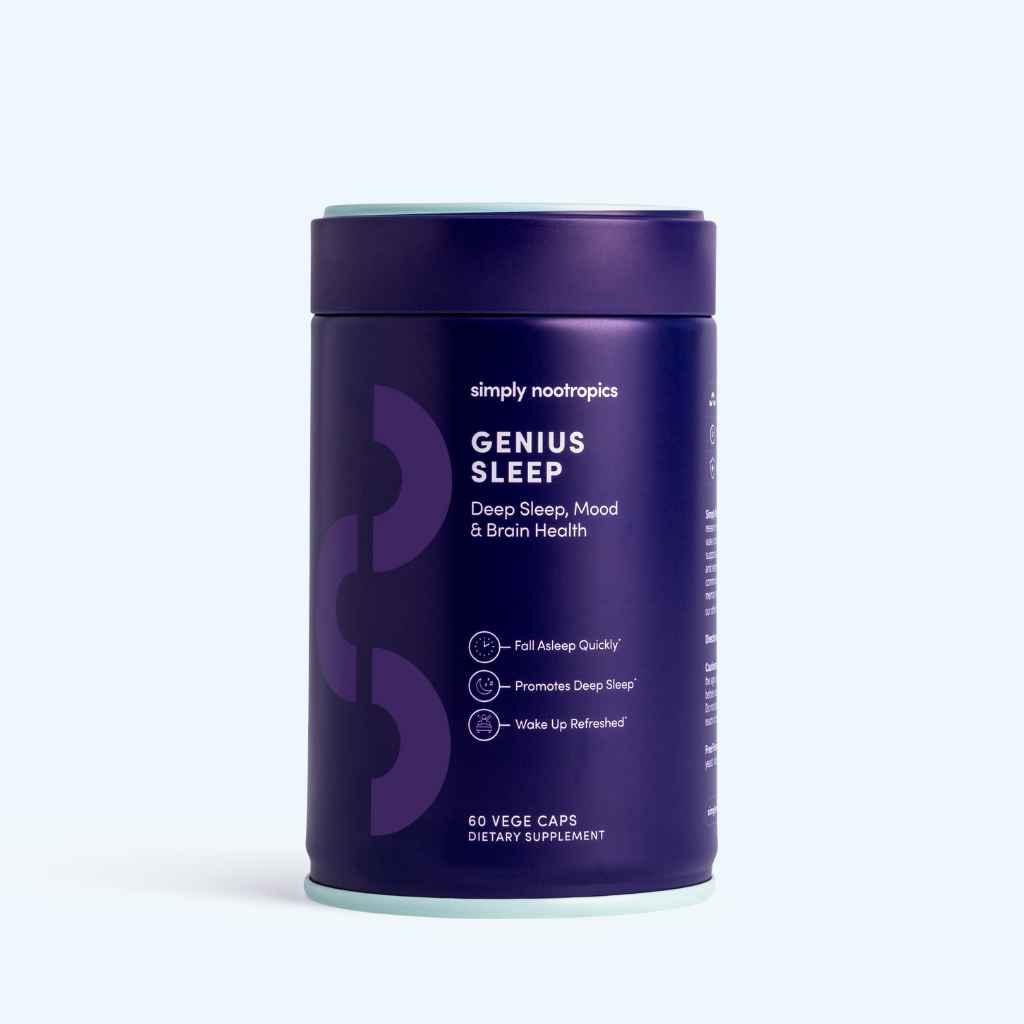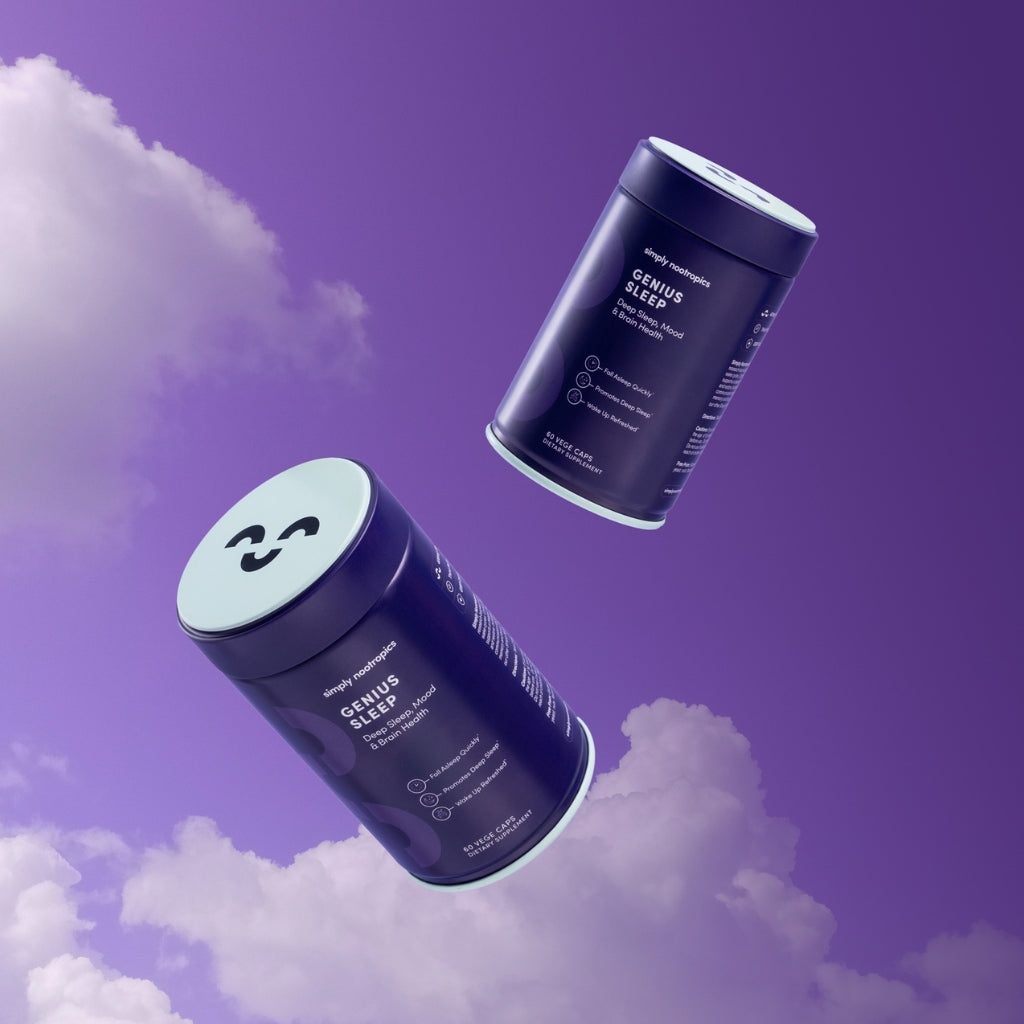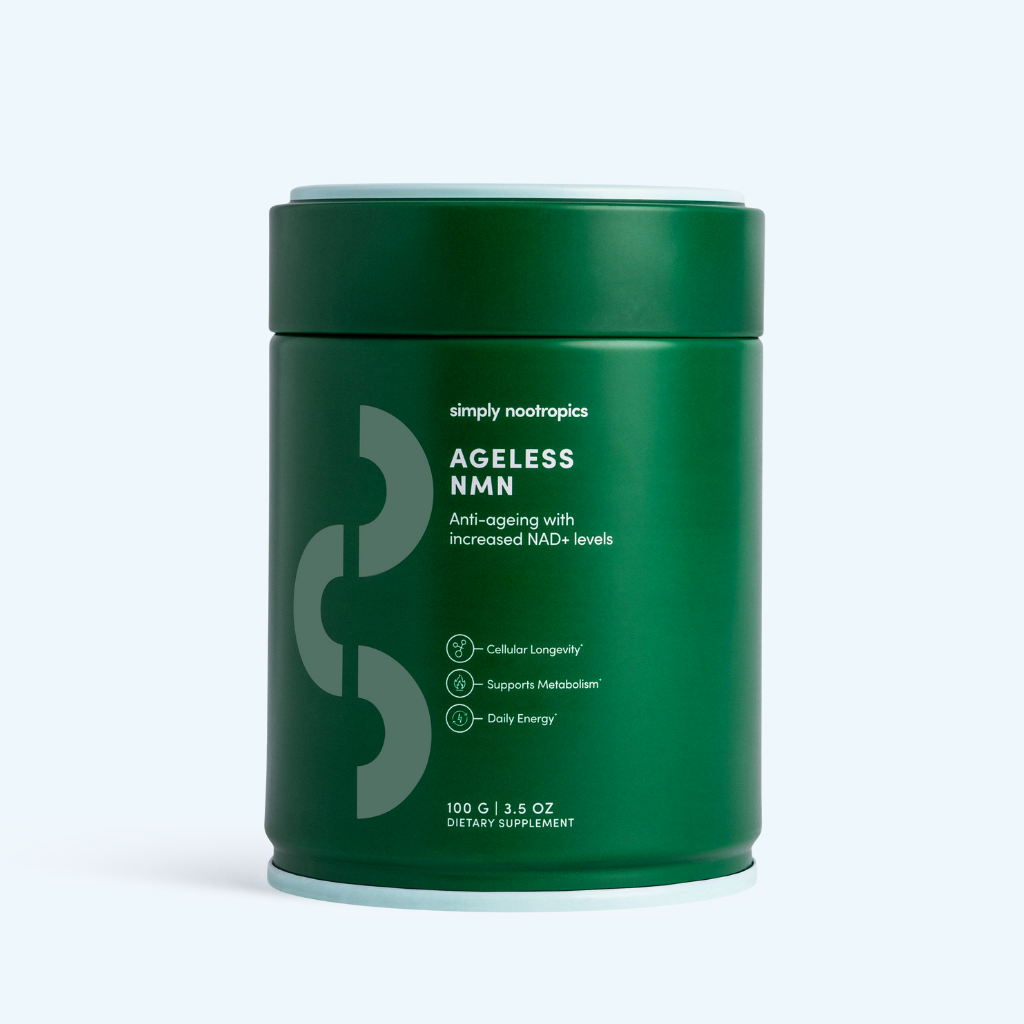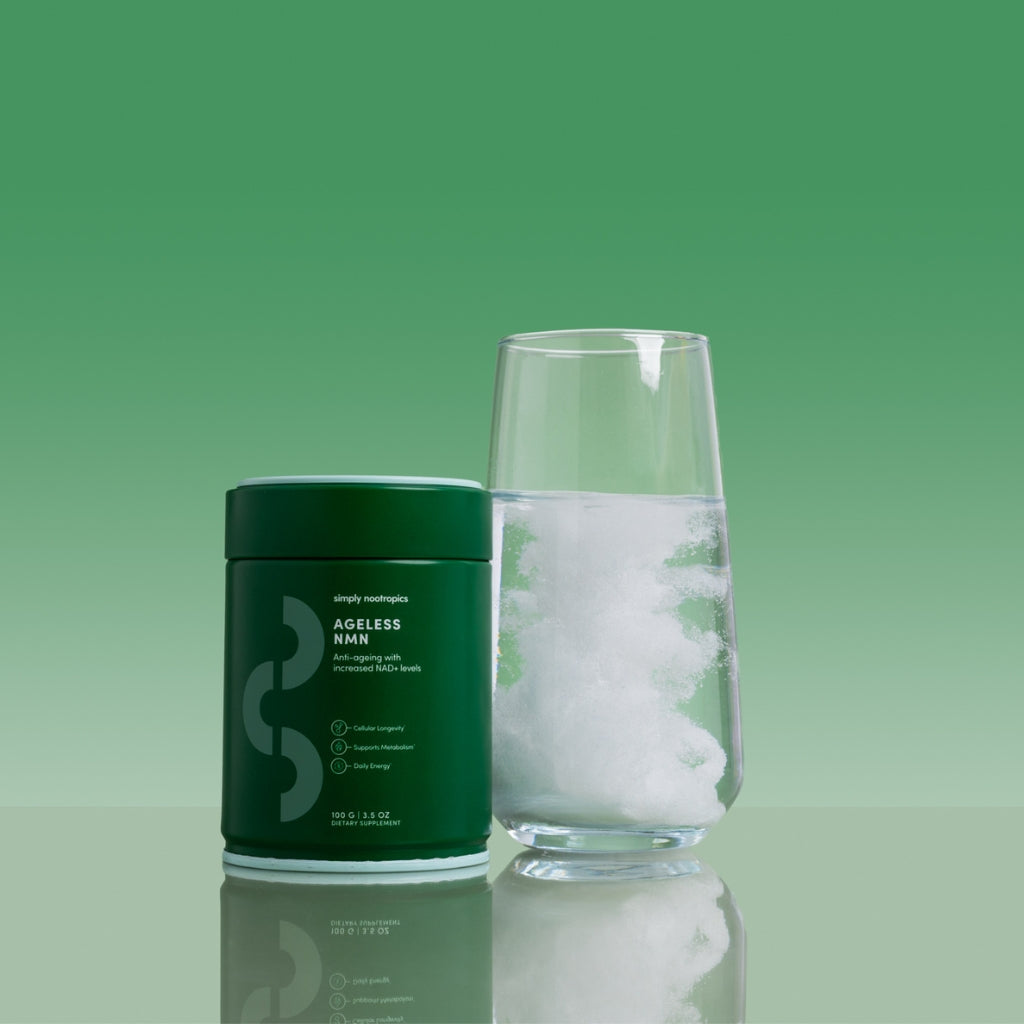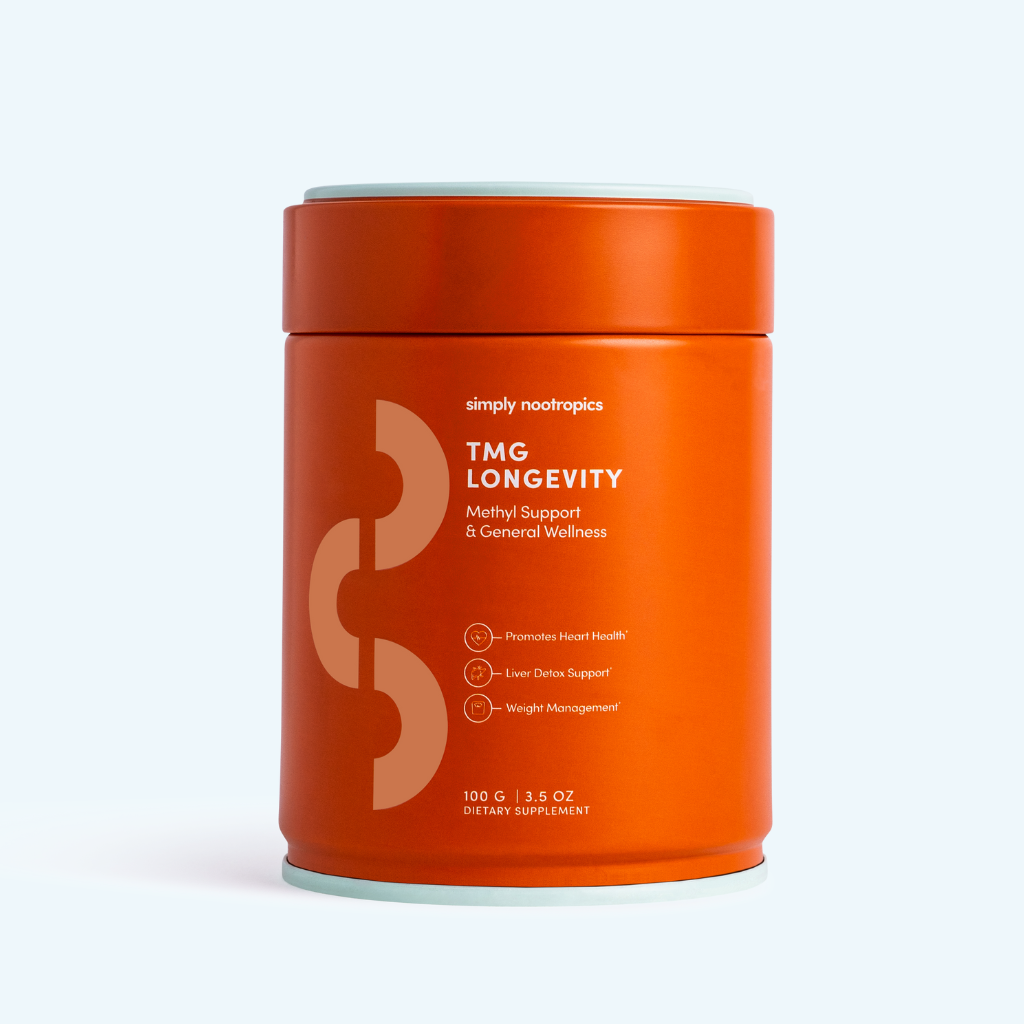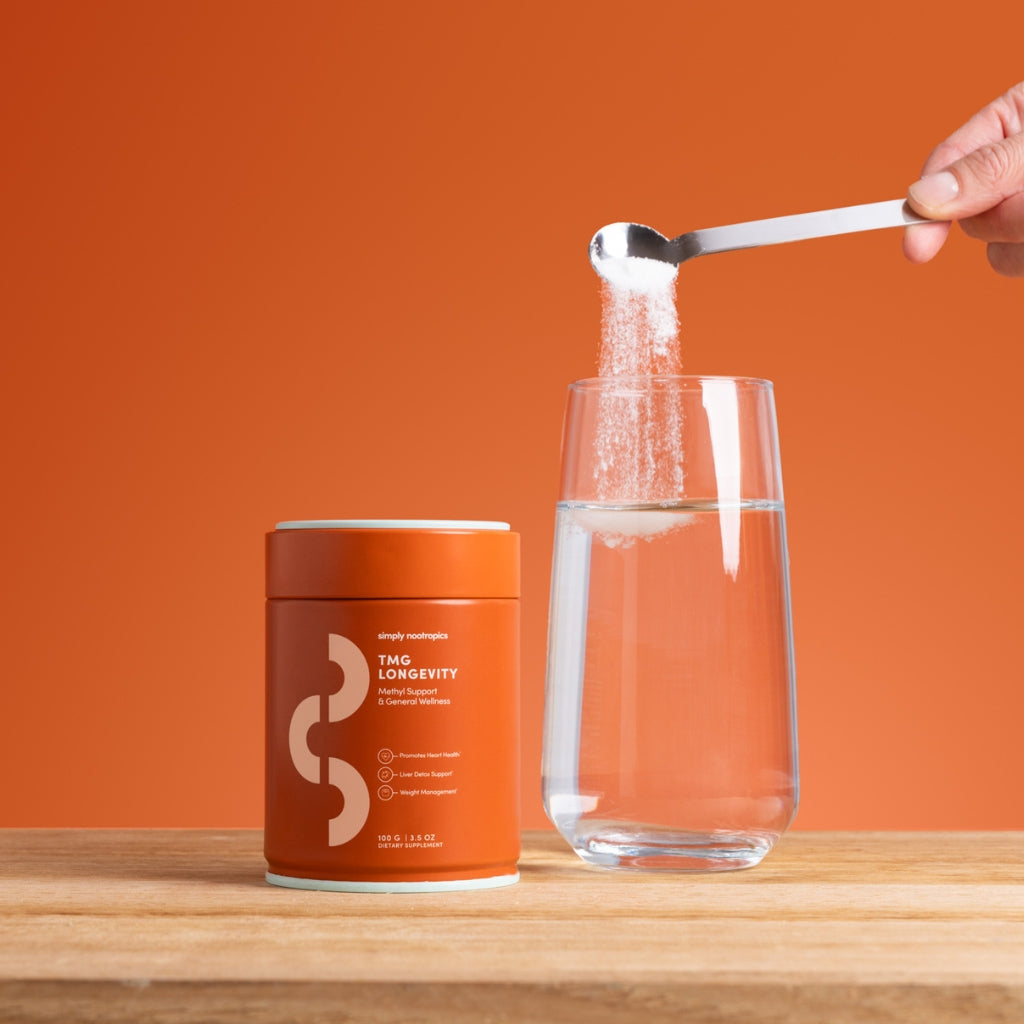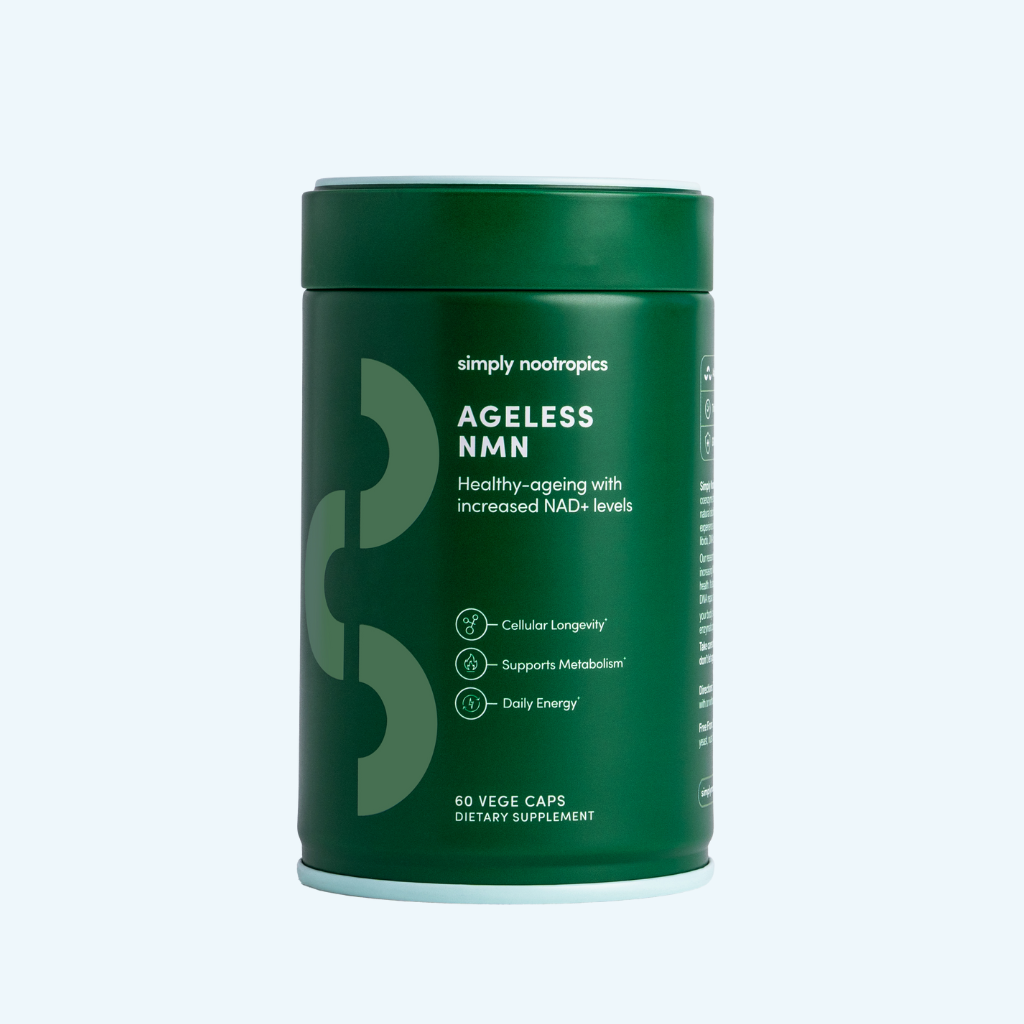This week’s Longevity News uncovers what late-night scrolling does to the teenage brain, how just 14 days on a Western diet can change your health from the inside out, the surprising mouth-body connection, and a cutting-edge way to track high blood pressure before damage sets in.
If you're looking to age well, think clearly, or just get a better night’s rest, these are the science-backed insights worth knowing.
-
Night-time Scrolling Is Rewiring the Teenage Brain
We all know that sleep matters. But new research puts a sharper focus on how screen habits are sabotaging rest, and mental health, in young people.
Researchers followed teenagers and found that those using devices after lights-out experienced significant sleep delays and reported more depressive symptoms. The more often they scrolled in bed, the worse the outcomes.
While the study focuses on adolescents, the findings offer a cautionary tale for all of us. Blue light exposure suppresses melatonin, the hormone that helps us fall asleep. But the issue runs deeper than light alone. Social media and entertainment apps trigger dopamine-driven feedback loops, keeping the brain alert and stimulated when it should be winding down.
Why it matters for long-term health:
Chronic sleep disruption is linked to increased inflammation, hormonal dysregulation, poor memory consolidation, and even higher risks of anxiety and depression. For teens, whose brains are still in a crucial phase of development, the impact may echo into adulthood. And for adults, persistent poor sleep can accelerate biological ageing.
The takeaway:
It’s time to rethink the bedtime scroll. Set a screen curfew or use wind-down routines that prioritise rest, because protecting your sleep is protecting your brain.
-
Two Weeks of a Western Diet Alters Health Markers
In a study that might make you eye your next snack a little differently, researchers at e discovered that just 14 days on a Western-style diet (think high saturated fats, processed carbs, and sugary drinks) was enough to trigger metabolic changes in healthy participants.
What kind of changes? Participants saw increased inflammation, disrupted blood biomarkers, changes in gene expression, and a shift in gut microbiome composition. All this occurred without any significant change in body weight.
Why it matters for longevity:
It’s a powerful reminder that you don’t have to look unhealthy to be unhealthy. The body responds to inflammatory triggers long before visible symptoms appear. Short-term indulgences can create long-term cellular stress, affecting everything from insulin sensitivity to cognitive function.
What this means for your routine:
Even occasional ‘Westernised’ eating, like two weeks of convenience meals, sweetened drinks, and snack-heavy days, can affect your internal balance. Prioritising whole, unprocessed foods consistently helps maintain metabolic health, even if you're not aiming for weight loss.
-
Oral Health Isn’t Just About Your Teeth
Brushing your teeth might feel like a hygiene habit, but it turns out it could be a key factor in whole-body health.
A new review published this month pulls together decades of research and finds compelling evidence that poor oral health is linked to systemic disease, particularly in women.
Here’s what they found:
-
Women with the poorest oral health were 60% more likely to experience moderate to severe body pain
-
They were 49% more likely to experience migraine headaches
-
Poor oral health was a statistically significant predictor of frequent, chronic migraines
-
Four specific oral bacteria (Dialister, Fusobacterium, Parvimonas, and Solobacterium) were notably associated with higher pain levels, even after adjusting for age, BMI, and added sugar intake
What you can do:
Keeping your mouth healthy, through regular brushing, flossing, and dental visits, isn’t just about preventing cavities. It may support whole-body wellbeing, especially in women facing chronic pain. While more research is needed, these findings open a promising path for managing difficult conditions through better oral care, and possibly even targeted probiotic or microbiome therapies in the future.
-
Can Relaxation Lower Blood Pressure?
A major new review took a hard look at one of the more popular non-pharmaceutical approaches to managing high blood pressure: relaxation techniques. From breathing exercises and meditation to yoga, music, and progressive muscle relaxation, these strategies are often recommended as low-risk ways to reduce stress, one of the major contributors to elevated blood pressure.
The researchers analysed 182 studies, with 54 providing usable pooled data. Overall, the evidence suggests that many of these methods do seem to reduce systolic and diastolic blood pressure over the short term, typically up to three months.
Here’s what they found:
-
Mindfulness dropped systolic blood pressure by nearly 10 mm Hg
-
Tai chi and yoga showed a similar drop of 9.6 mm Hg
-
Meditation reduced it by 7.7 mm Hg
-
Music, breath control, and progressive muscle relaxation each produced drops between 6–7.5 mm Hg
The catch? The effects didn't seem to last. After three to twelve months, the evidence became far less convincing. Only autogenic training (a self-directed relaxation method) showed any statistically significant effect beyond three months, and even that was based on limited data with low certainty.
Why it matters:
High blood pressure remains one of the leading drivers of cardiovascular disease and stroke, and nearly one in three adults aged 30 to 79 lives with it. While medication works, adherence is often poor due to side effects, cost, or simple forgetfulness. That’s why alternative methods have been gaining attention. But this analysis shows that while relaxation can help in the short term, especially for stress-induced spikes—it's no substitute for long-term treatment or lifestyle change.
The bottom line:
Breathwork, tai chi, and mindfulness might offer genuine, short-term relief from elevated blood pressure, especially when used consistently. But to make a long-term impact, these practices need to be sustained and paired with other healthy habits.
Support Relaxation Where It Matters Most, At Night
If your nervous system feels stuck in high gear from work, screens, or sleepless nights, building in recovery time is essential. Sleep is your brain’s and body’s primary repair state. And relaxation techniques are only helpful when they actually help you switch off.
That’s why a formula like Genius Sleep can be so useful. Designed to support deep, natural sleep without harsh sedatives, the formula combines sleep-promoting compounds like L-theanine and Reishi mushroom to ease you into rest, so you’re not trying to meditate your way through wired thoughts at midnight.



